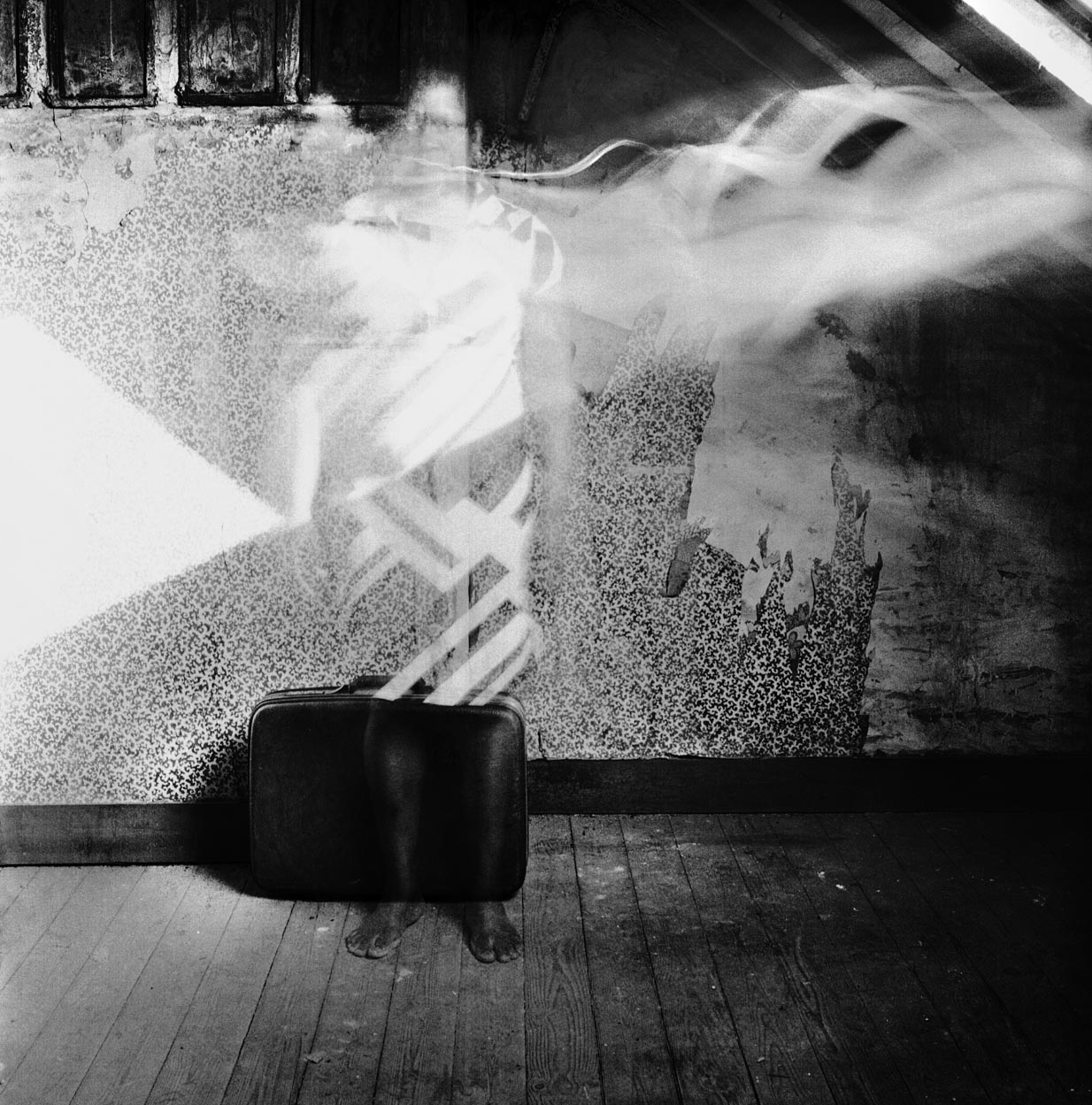Sexual dissidence and black feminisms in a transnational context
Pratibha Parmar
19.03.2019
Activity from Microhistories of the Diaspora. «Embodied» experiences of female dispersion
Created by La Virreina Centre de la Imatge, Supported by Pla Barcelona Interculturalitat
Curated by Tania Adam
Lecture by Pratibha Parmar moderated by Rebecca Close
In collaboration with Museo Nacional Centro de Arte Reina Sofía
Tuesday 19th March 2019, 7 pm. Espai 4
Free entrance. Limited places
Simultaneous interpreting into Spanish
Pratibha Parmar closes the ‘Microhistories of the Diaspora’ program with a talk that reflects on the intersections between cartographies of diaspora and queer visual culture with reference to her own filmmaking practice. Parmar will reflect on her participation in the construction of queer of colour feminist transnational networks from the 1980s to the present, offering an approach to diaspora as a series of creative strategies that challenge hegemonic constructs through visuality and dissident sexualities. How has her filmic creation and reception opened up spaces for feminist and queer of colour lives and world-making? How to account for the role of sexual dissidence and visual art practice in the construction of anti-racist, anti-colonial and de-colonial spaces of resistance? How have strategies for forging queer of colour feminist spaces for community and critique changed?
PRATIBHA PARMAR was born in Nairobi, Kenya. Her family migrated to London, England. She currently spends time between London & California where is a Professor of Film. A graduate of the Birmingham Centre for Contemporary Cultural Studies, Parmar co-founded the first Black British women's publishing house (Black Women Talk) as well as being a member of Sheba Feminist publisher. Parmar published a number of seminal texts on queer of colour art, film and theory practices. Over the decades, Parmar has brought marginalised stories to the mainstream through feature films such as Nina’s Heavenly Delights (2006) and her countless award-winning documentaries, Alice Walker Beauty in Truth (2013) & A Place of Rage (1991) Early works like Emergence (1986) and Flesh and Paper (1990) generated vital visibility for an emerging generation of queer of colour activists and contemporary poets such as Suniti Namjoshi and Audre Lorde, while documentaries like Reframing Aids (1989) and Khush (1992) opened key spaces of discussion around queer practices and sexualities in a diaspora context. As an artist, Parmar has brought a queer optic lens to multiple emerging discourses of racialised & gendered otherness, creating much-needed links and landscapes of resistance. Her films have received international critical acclaim and her dedication in bringing complex subjects into mainstream media has helped change the contours of popular discourse on race, feminism, sexuality and creativity.
Moderating,
REBECCA CLOSE (London, 1987). Researcher, writer and translator. She experiments with research methodologies and artistic production from feminism perspectives. She is the author of ‘Valid, Virtual, Vegetable Reality’, for which she received the Melita Hume Prize in 2017.























